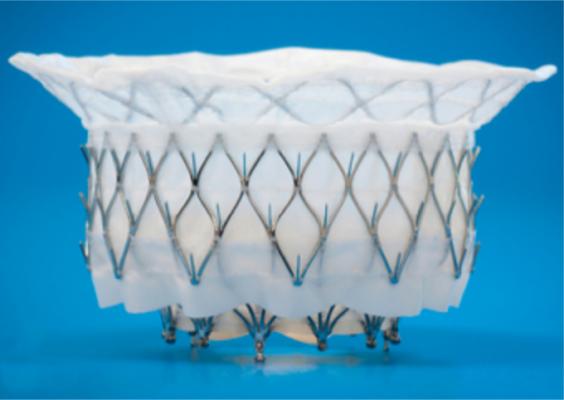
March 1, 2019 — When it comes to treatment options for a damaged heart valve, nothing is getting more attention than transcatheter treatments, a minimally invasive surgical procedure in which a replacement valve is inserted without requiring patients to undergo open heart surgery. The transcatheter treatment global market is expected to double in a few years according to a new BCC Research report, due to several factors. These include:
-
An expanding geriatric population;
-
Higher prevalence of chronic diseases;
-
Increasing diagnoses of heart valve disease;
-
Adoption of transcatheter techniques; and
-
Positive reimbursement and other healthcare reforms.
The global market for transcatheter treatment was valued at roughly $4 billion in 2018 and is expected to reach approximately $8 billion in 2023 at a compound annual growth rate (CAGR) of 14.8 percent, according to the BCC Research report “Transcatheter Treatment: Procedures and Heart Valve Market.”
Top competitors in the industry include: Abbott Laboratories, Boston Scientific Corp., Medtronic, Vascular Innovations Co. Ltd., Valcare Inc. and others.
Highlights from the report include:
-
Market segment analysis. The market has shifted from open surgical repair to transcatheter procedures due to their various advantages. The transcatheter aortic valve segment leads the global market, followed by transcatheter mitral valve devices.
-
Market region analysis. The U.S. is expected to maintain dominance in the global market of transcatheter treatment devices, reaching $4.8 billion by 2023 and increasing at a CAGR of 15.5 percent.
-
Global market drivers. Transcatheter procedures are being increasingly accepted worldwide because they offer more comfort to high-risk patients and have advantages in terms of operative risk and patient recovery time compared with open surgical repair.
“Transcatheter treatment has created a great buzz,” said Ritu Thakur Dangi, the report’s author. “Transcatheter mitral valve repair and replacement is a relatively new and niche segment globally, but it is growing and has strong potential due to a robust product pipeline. Now that transcatheter aortic valves have been successfully launched, unmet needs in mitral valve repair represent a future growth opportunity.”
The report also explores some significant barriers to market growth, including:
-
High costs of transcatheter heart valves;
-
Lack of awareness about valvular disease;
-
Stringent regulatory approval procedures;
-
Lack of healthcare infrastructure in developing regions;
-
The need for lifelong surveillance of artificial valves;
-
Procedure-associated risks and complications; and
-
Device recalls.
For more information: www.bccresearch.com


 November 14, 2025
November 14, 2025 









